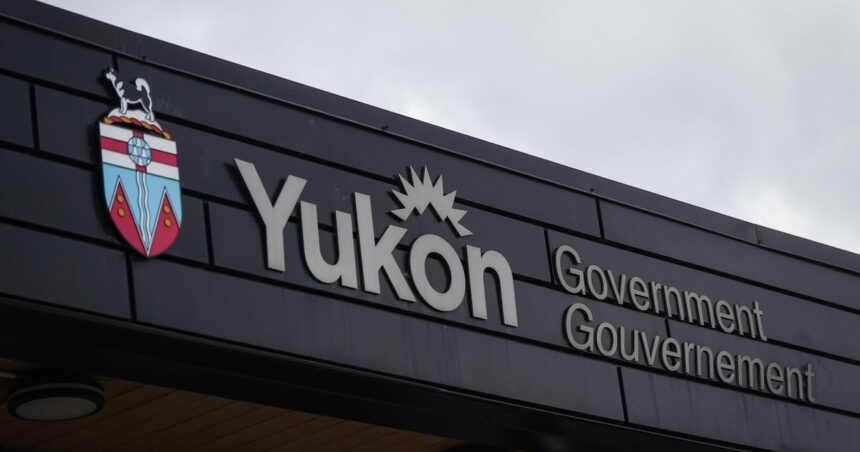In a landmark cross-border initiative, Yukon and Alaska officials have formalized a partnership aimed at addressing the disproportionate violence affecting Indigenous communities across the northern territories. The agreement, signed yesterday in Whitehorse, establishes new protocols for information sharing, investigation coordination, and cultural sensitivity training for law enforcement agencies on both sides of the Canada-U.S. border.
“This agreement represents a critical step toward acknowledging the shared responsibility we have to protect Indigenous lives,” said Yukon Premier Ranj Pillai during the signing ceremony. “For too long, these cases have fallen through jurisdictional cracks, leaving families without answers and communities without justice.”
The initiative comes in response to alarming statistics showing Indigenous women and girls face violence rates up to 12 times higher than other demographic groups in northern regions. A 2022 joint study by Yukon University and the University of Alaska found that cross-border cases were particularly prone to investigative challenges, with approximately 37% remaining unsolved after five years—nearly double the rate of other missing persons cases.
Alaska Governor Mike Dunleavy, who attended virtually, emphasized the practical aspects of the agreement. “When a person goes missing, borders become irrelevant to the investigation. This partnership eliminates bureaucratic obstacles that have historically hampered our ability to work together effectively.”
The agreement establishes a joint task force comprising investigators from both regions who will meet quarterly to review active cases. Additionally, a shared database accessible to authorized personnel will facilitate immediate information exchange on missing persons reports involving Indigenous individuals.
Perhaps most significantly, the agreement includes provisions for cultural competency training led by Indigenous elders and knowledge keepers from communities throughout Alaska and Yukon. This training aims to address historical distrust between law enforcement and Indigenous communities while ensuring investigations incorporate culturally appropriate approaches.
Doris McLean, an advocate with the Yukon Aboriginal Women’s Council who lost her niece in an unsolved case from 2018, cautiously welcomed the development. “We’ve seen promises before. What matters now is implementation and accountability. Our communities need to see concrete actions, not just more signatures on paper.”
The agreement allocates $3.7 million in combined funding over three years, with resources directed toward specialized investigative teams, support services for affected families, and community-based prevention initiatives. An independent oversight committee comprising equal representation from Indigenous organizations, government officials, and law enforcement will monitor progress and issue public reports biannually.
Canadian Justice Minister Arif Virani, who participated in the signing ceremony, noted that the agreement could serve as a model for other cross-border regions facing similar challenges. “The issues affecting Indigenous communities don’t recognize international boundaries, and our solutions shouldn’t either.”
The initiative builds upon recommendations from both Canada’s National Inquiry into Missing and Murdered Indigenous Women and Girls and similar American investigations that highlighted the need for coordinated, culturally informed approaches to addressing violence against Indigenous peoples.
As implementation begins next month, the question remains: will this agreement finally bridge the jurisdictional divides that have allowed too many Indigenous lives to vanish without resolution, or will it join a long history of well-intentioned initiatives that failed to deliver tangible change for northern communities?











